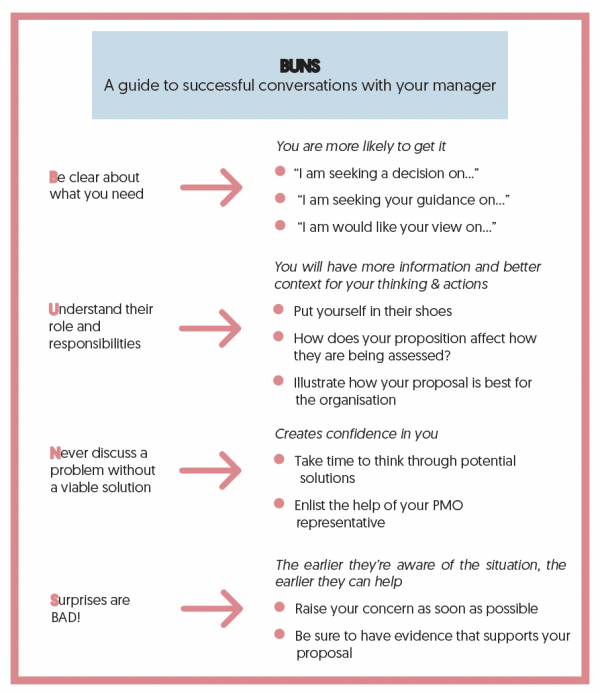Has your work expanded beyond what you expected at the beginning? Do you suspect you’ve now got a project on your hands? Let’s explore the best way to manage this scenario, that ensures the best result for you and your organisation.
This is the final post in our three-part series “Why project discipline isn’t only for projects”. In this issue, we’ll delve into the common scenario of when your BAU work evolves into a full-scale project, and how to approach this situation.
It’s a situation many of us have been in before… whether the change was within your control or not, you’re unintentionally responsible for much more than you signed up for. You may wonder - how did this happen?
A few common scenarios include:
Understand the new work requirements
Any one of these scenarios is likely to have you thinking: I think I’m now leading a project, what do I do?
Firstly, it’s important to understand the revised nature of the work. This means understanding the new purpose, scope, stakeholders, key deliverables, risks, and any additional budget or resources required, so that the right management approach can be applied. It’s crucial that the right people and support systems are applied to the work, based on the size and complexity to ensure minimal risk to the organisation and optimised chances of success.
A simple and concise plan that conveys a full picture of the work and the time and resource required will help you complete this task and provide evidence for conversations in the future. Tregaskis Brown has developed a plan-on-a-page tool that can help you to develop your understanding of the work – follow this link to access it.
Define the work
The next step is to confirm whether the work is a project, or not. This will help to define whether the activity should be managed as a project or continue as part of everyday business. The diagram below provides a structure for determining whether your work may be a project.

For a full explanation of the distinction between projects and BAU or insights on how to apply project management practices to BAU work, read the previous posts in this series, posted here.
Have a conversation
Now that you have a foundational understanding of the nature of the work and a sense of whether you’ve now got a project on your hands; a more informed decision of whether the capability and capacity to deliver the project successfully currently exists within the organisation.
Projects with a medium or higher level of complexity require a level of skill and experience that’s not typically required for BAU initiatives. It’s recommended that as well as assessing organisational ability that you assess your experience and project management skills against what the project needs are.
Consider key areas such as:
If your organisation has a project management office, we strongly encourage touching base with them to get their view on the best approach. Additionally, if you have any project or programme managers in your professional network, they’ll be able to shed some light on the skills that will be required to ensure the work is executed successfully.
Agreeing the way forward
You’re now ready to have a conversation with your manager / work Sponsor about the changed requirements, size and complexity of the work. Use the evidence from the plan-on-a-page to guide your conversation and decision making. The diagram below provides guidance on how to approach conversations with Sponsors and managers.

By taking the recommended approach, you’re giving your organisation the best chance of succeeding.
If you enjoyed doing some project planning and would like to strengthen your project management capability, take our project management quiz for a personalised development plan to set you on the path to being able to manage bigger projects yourself.
Tregaskis Brown has a range of project management training courses and can also provide expertise on the sizing of projects and applying the right project management practices that will enable the project to succeed.
Download PDF
Sanne Deen
Consultant
About the Author
Sanne joined Tregaskis Brown as a graduate consultant in June 2021, after completing a Bachelor of Commerce in Marketing Management, and a Bachelor of Arts in Media, Film and Communication.
“It’s always daunting when your work turns out to be bigger than you thought. It always pays to stop, form a plan and have some evidence to guide your conversations”.